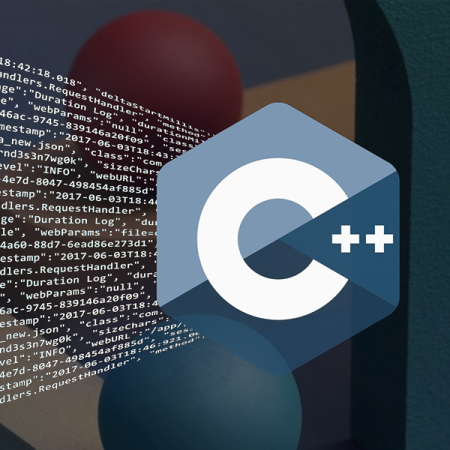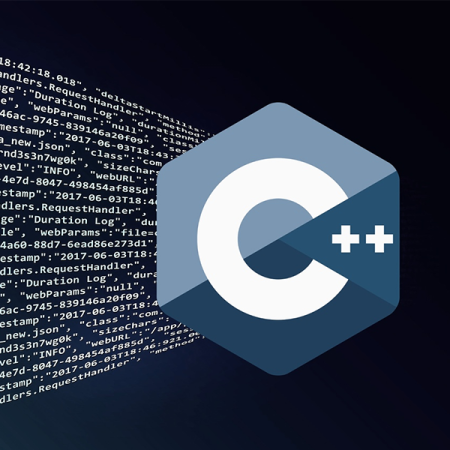Object-oriented programming (OOP) is a core concept in modern C++ development, used extensively in game development, software engineering, and high-performance applications. This course provides a comprehensive introduction to class development in C++, guiding learners through best practices for designing modular, reusable, and maintainable code.
Participants will begin by exploring the fundamentals of classes and objects, focusing on encapsulation and data abstraction. The course then covers constructors and destructors, operator overloading, and advanced OOP principles like inheritance, polymorphism, and virtual functions. Additionally, learners will work with dynamic memory allocation and learn how to manage resources efficiently.
By the end of the course, learners will be able to design scalable C++ programs, making them well-prepared for game development, system programming, and software engineering roles.
Sections Included:
- Introduction to Object-Oriented Programming (OOP) in C++ – Understanding the principles of OOP and its benefits.
- Defining and Implementing Classes – Creating and managing classes, objects, and member functions.
- Encapsulation and Data Abstraction – Protecting data and designing modular programs.
- Constructors and Destructors – Managing object lifecycles and memory allocation.
- Operator Overloading – Enhancing class functionality through custom operators.
- Inheritance and Polymorphism – Building hierarchical relationships and flexible programs.
- Virtual Functions and Abstract Classes – Implementing runtime polymorphism and dynamic method dispatch.
Benefits Upon Completion:
- Gain a deep understanding of C++ class development and object-oriented design.
- Learn to write efficient and modular C++ code using encapsulation and abstraction.
- Master inheritance, polymorphism, and virtual functions for scalable applications.
- Develop real-world C++ projects using best coding practices.
- Strengthen problem-solving skills for game development and software engineering.







